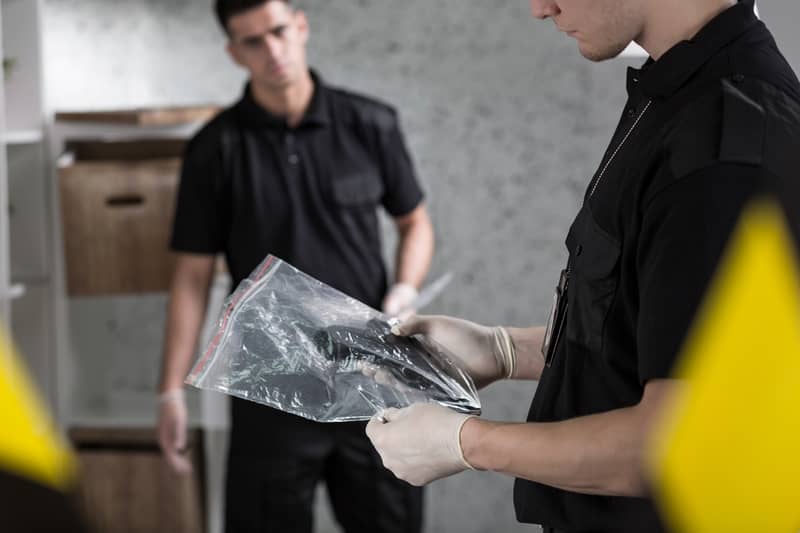Shooting into Occupied Vehicle Charges in Fayetteville

Accusations of discharging a “barreled weapon” are serious criminal charges. As set forth in NCGS Chapter 14-34.1, shooting
into occupied vehicle charges in Fayetteville (and buildings, structures, aircraft, etc.) are felony criminal allegations. The law is intended to be broadly applied. It includes a wide range of “conveyances” and enclosures, devices, and equipment. The purpose of the criminal law is to protect people (occupants) of different properties “from being shot at.”
Anytime a gun is pointed at someone and fired, the NC Criminal Laws deem that a crime of violence. The potential for serious bodily harm, or death, make prison time a very real consideration – David Courie, Fayetteville Criminal Defense Attorney
What is required for a Conviction?
Defense lawyers in Fayetteville NC and attorneys who handle criminal charges in North Carolina, refer to the “essential elements” of the crime to include things like:
- The person charged (the “Defendant”)
- Wantonly and willfully discharges
- A “firearm” (barreled weapon)
- Into some “Property”
- That is “occupied”
What does “Into Property” mean?
N.C.G.S. 14-34.1(b) is written in such a way as to include different types of property and extensions of the property.
One way to think about it is buildings, properties, and structures that contain people are included under the law. That may be cars, trucks, airplanes, houses, and workspaces – David Courie, Defense Lawyer Fayetteville NC
Discharging certain barreled weapons or a firearm into occupied property include, as set forth by the General Assembly any enclosure, erection, equipment, device, aircraft, vehicle, building structure, or other conveyance.
Assault by Pointing Gun Charges
A conveyance is a vehicle that transports something or someone to and from places. In a recent case before the NC Court of Appeals, the Defendant in North Carolina v. Robert Louis Staton, challenged the “into property” element of the law. In that case, the Defendant allegedly shot a weapon towards a truck traveling on a roadway. The bullet struck a toolbox located in the back bed of the truck. It did not technically strike the exterior body panel of the truck. The bullet did not pierce the body panel. State v. Canady, 191 NC App 680, sets forth the essential element of “into property” is met if a bullet damages the exterior of a building or structure. There does not need to be documentation or evidence that a bullet penetrates the building, vehicle, or structure.
Is Specific Intent required for Shooting into Occupied Vehicle Charges?
The mens rea (evil “intent”) required for Shooting into Occupied Vehicle Charges requires the accused of criminal wrongdoing merely to shoot a firearm at an occupied building. Specific intent is not required to shoot into the occupied vehicle, structure, conveyance, or building.
Fayetteville Criminal Defense Lawyer
If the State presents evidence the Defendant discharged a firearm at a person entering an occupied building (or vehicle or structure or conveyance) with a bullet, that is enough for a felony conviction.
The reason behind the law, the purpose, is to protect people from death or other serious bodily injuries – David Courie, Cumberland County Criminal Defense Lawyer
What is the Standard of Review for Appeals?
In determining whether the State presents enough evidence for a conviction, the Court of Appeals reviews such matters de novo or anew. It does not consider a Superior Court Judge’s ruling for Abuse of Discretion. The Appellate Court may reverse the trial judge’s denial of a Motion to Dismiss if it had come to a different conclusion. Having said that, in ruling on a Motion to Dismiss for lack or insufficient evidence, the Court reviews:
- Whether there is evidence deemed “substantial” of each essential element
- Of the charge or a lesser included offense of the charge
- AND the accused (the Defendant) is the perpetrator
The Court must consider the evidence adduced and admitted at trial, in the light most favorable to the State. The State benefits from “every reasonable inference” of the evidence properly admitted.










